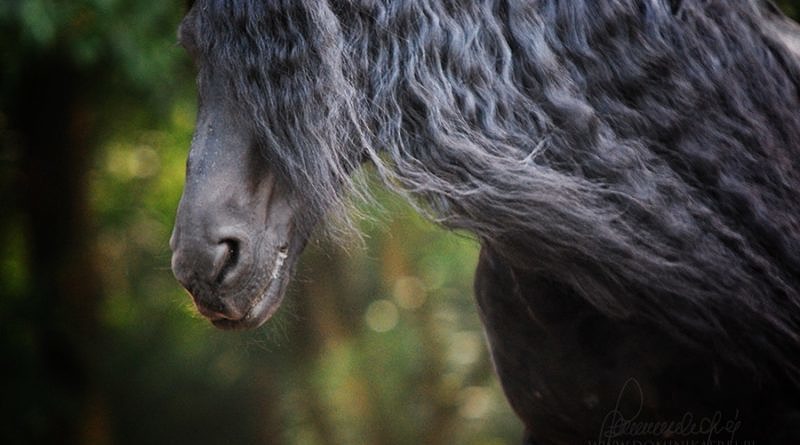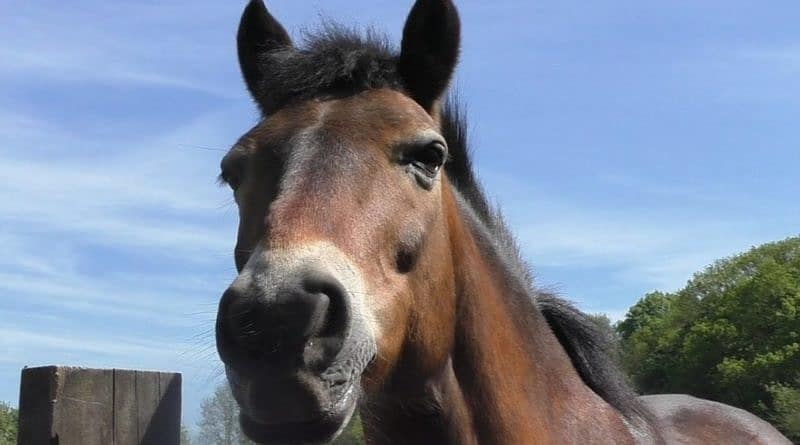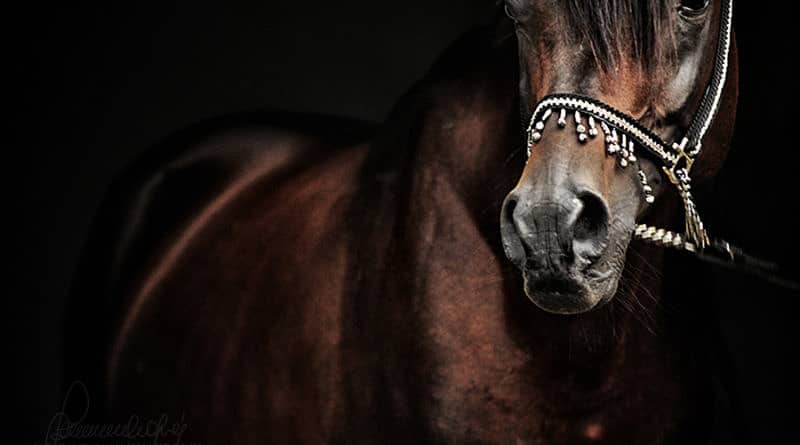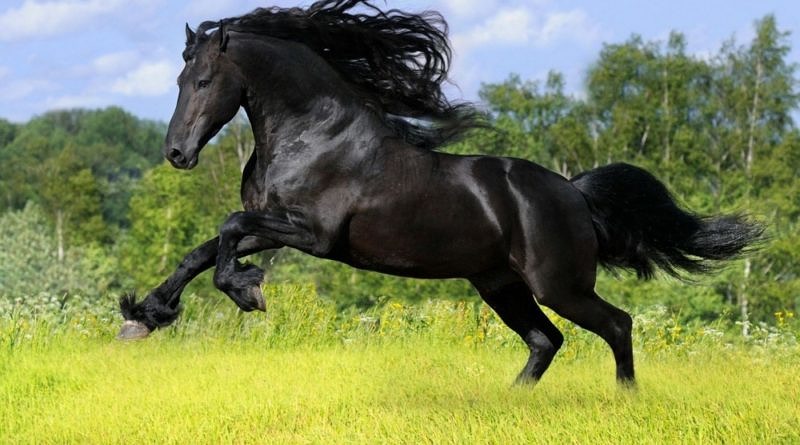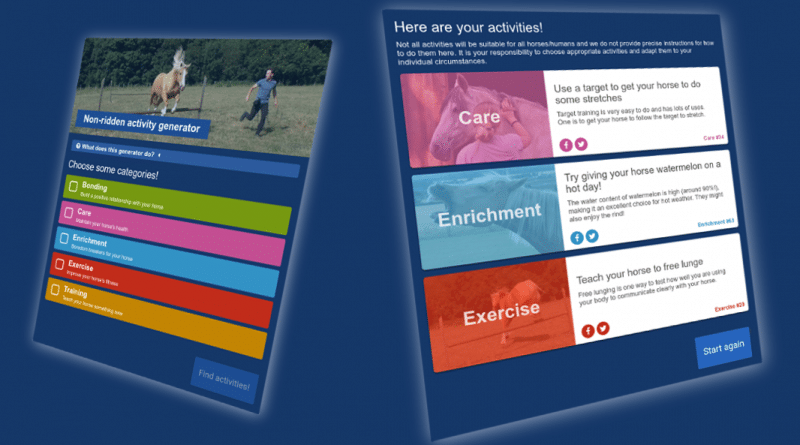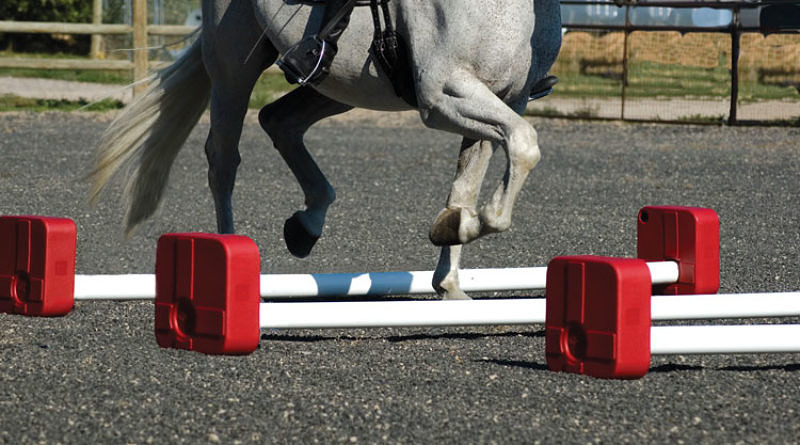What breed is best for a beginner?
This question has come up a few times recently along with the related query “is X breed good for a first horse?” These are of course excellent questions! There are hundreds of breeds to choose from and I’m sure most of us have our favourites. But how suitable are they for our circumstances and is there anything we need to know about specific breeds before we decide to own one?
The truth is that there are no ‘beginner breeds’.
By far the most important consideration for a first-time horse owner is going to be temperament. You will want a horse that is easy-going and hassle-free and that is quite forgiving of mistakes. Ideally a horse with plenty of experience doing whatever it is you want to do. This is most of all an issue of training and early life experience, but also the individual horse’s personality. With the right combination of these factors, a horse of any breed might make a perfect first horse.
Another very important factor is health. Of course with any horse you are planning to buy, you should try to gather as much medical history as possible and get a vetting. However, it is also worth being aware of common problems that certain breeds are prone to.
For instance, Friesian horses frequently suffer from a variety of inherited conditions, some of which are severe and not easily detected. Connemara ponies also carry a congenital disease that affects their hooves and can be disguised by deceptive trimming, and the versatile and very popular American Quarter Horse, though a rare breed in the UK, can be affected by a distressing condition called hyperkalemic periodic paralysis (HYPP). While not breed-specific per se, cobs and other horses with ample feather can be at greater risk from mites. And native breeds or ‘good-doers’ can be prone to weight gain and subsequent laminitis. It is a good idea to spend some time researching what kinds of conditions the breed(s) you are considering might be prone to so that you can look for and avoid any tell-tale signs and take appropriate preventative measures.
Another area where breed might be a factor is what activity you hope to take part in with your horse. For some people this is simply going to be a gentle hack now and then or the odd lesson but others are going to want a horse that is competitive in a specific discipline. While breed does serve as a useful indicator here, it is only to a point: an Exmoor pony is never going to be a Grand Prix showjumper but could certainly still enjoy jumping and be very good at it at an appropriate jump height.
One last point: choose a horse that is suitable for you on the day that you buy them. It’s quite common to think that you’ll train this green horse or youngster a bit and in a few months they will be suitable. Or that you’ll gradually gain confidence and be working well with this more challenging horse within a year. And unfortunately sometimes you might not intend for this at all but be mislead and end up in this position anyway.
Sometimes it does work – with the right support network and help from experienced people, you can figure things out. But sadly more often it doesn’t and the outcome can be a lot of stress and heartache for the new owner and not much good for the horse either. In general chances are that if you buy a horse now that is too much for you, much of what you do will only make things worse, not better. Horses learn very quickly and that means they can learn the things you don’t want them to learn just as easily as the things you do!
All this might mean that you choose a forgiving ex-school horse instead of that flashy Friesian you always dreamt of or the sweet older crossbreed instead of the fiery Arab stallion… But this is, in the end, for the good of the horse as well as for yourself. It is the sober and responsible decision of a mature horseperson – and it is something you should do proudly!

